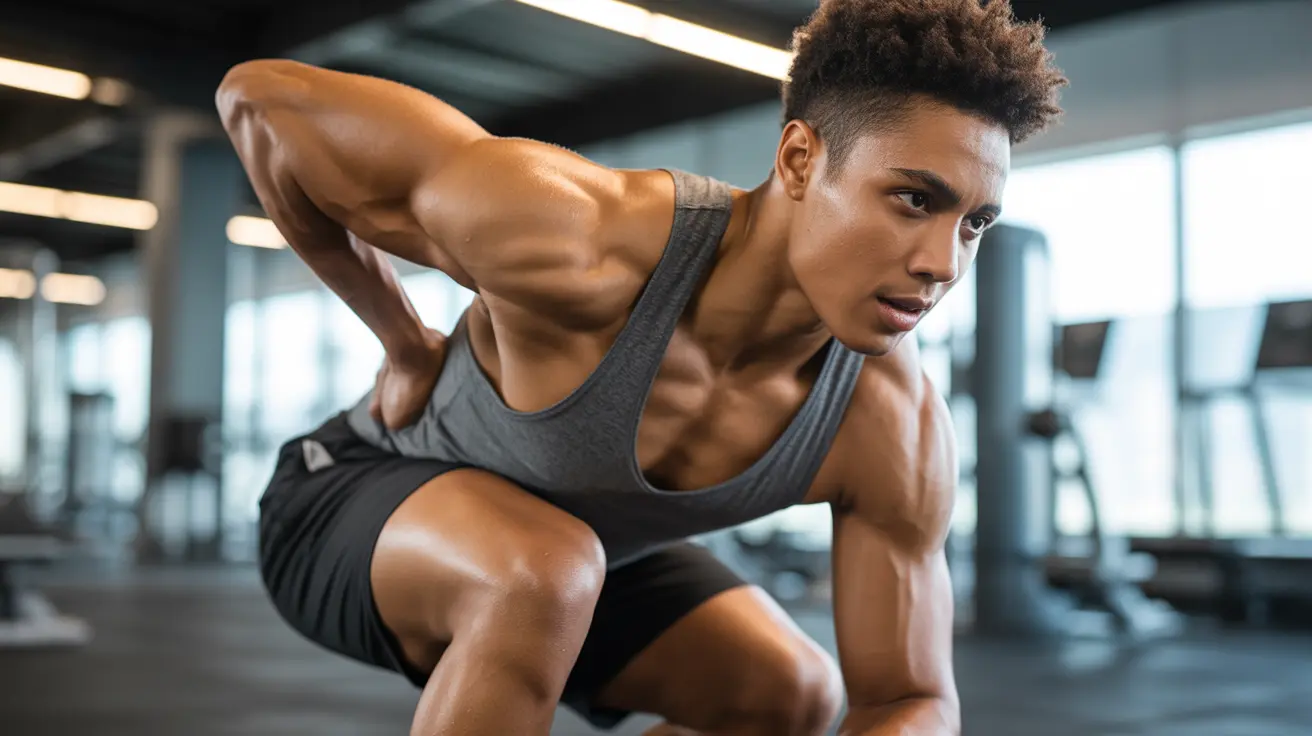Experiencing muscle tremors or shaking after a workout is a common phenomenon that many fitness enthusiasts encounter. Whether you're a seasoned athlete or just starting your fitness journey, understanding why this happens and how to address it is crucial for maintaining a safe and effective exercise routine.
This comprehensive guide will explore the various reasons behind post-workout muscle shaking, when it's normal, and when it might signal a need for medical attention. We'll also discuss practical prevention strategies and treatment options to help you manage this common exercise-related response.
Common Causes of Post-Workout Muscle Shaking
Several factors can contribute to muscle tremors or shaking after exercise:
Muscle Fatigue and Motor Unit Recruitment
When you exercise intensely, especially during strength training, your muscles experience microscopic damage and fatigue. This can lead to temporary disruptions in the communication between your nervous system and muscle fibers, resulting in visible tremors or shaking.
Electrolyte Imbalance
During intense workouts, you lose essential minerals through sweat. This loss can disturb your body's electrolyte balance, particularly affecting sodium, potassium, and calcium levels. When these minerals become depleted, muscle function can become compromised, leading to shaking or tremors.
Blood Sugar Fluctuations
Exercise naturally depletes your body's glycogen stores and can cause blood sugar levels to drop. When blood glucose levels become too low, your muscles may begin to shake as they struggle to maintain normal function without adequate energy supply.
Prevention and Management Strategies
Proper Nutrition and Hydration
To minimize post-workout shaking, focus on:
- Consuming adequate carbohydrates before exercise
- Staying well-hydrated throughout your workout
- Replenishing electrolytes during and after intense exercise
- Having a balanced post-workout meal or snack
Exercise Programming
Smart workout planning can help prevent excessive muscle fatigue:
- Gradually increase workout intensity
- Include proper warm-up and cool-down periods
- Allow adequate rest between sets and exercises
- Practice proper form and technique
When to Seek Medical Attention
While some degree of muscle shaking after exercise is normal, certain situations warrant medical evaluation:
- Persistent shaking that doesn't resolve with rest
- Severe muscle weakness or inability to perform daily tasks
- Accompanying symptoms like dizziness or confusion
- Chronic muscle tremors during regular activities
Frequently Asked Questions
What are the main causes of shaking after a workout?
The primary causes include muscle fatigue, electrolyte imbalances, low blood sugar, and temporary nervous system responses to intense exercise. This typically occurs when muscles have been worked to near exhaustion or when proper nutrition and hydration aren't maintained during exercise.
How can dehydration and low blood sugar lead to muscle shaking post-exercise?
Dehydration reduces blood volume and electrolyte levels, affecting muscle function and nerve signaling. Low blood sugar decreases available energy for muscle contractions, causing tremors as your body struggles to maintain normal muscle function.
What are the best ways to prevent or reduce shaking after intense workouts?
Key prevention strategies include proper hydration, maintaining balanced nutrition before and after exercise, gradual progression in workout intensity, and ensuring adequate rest between exercises. Consuming a balanced meal containing carbohydrates and protein post-workout can also help.
When should shaking after exercise be a reason to see a doctor?
Consult a healthcare provider if shaking persists long after exercise, is accompanied by severe weakness or pain, occurs during regular activities, or if you experience additional symptoms like extreme fatigue, dizziness, or confusion.
Can caffeine or pre-workout supplements cause shaking during or after a workout?
Yes, caffeine and stimulants in pre-workout supplements can contribute to muscle tremors by increasing nervous system activity. This effect may be more pronounced when combined with intense exercise or if you're sensitive to stimulants.




